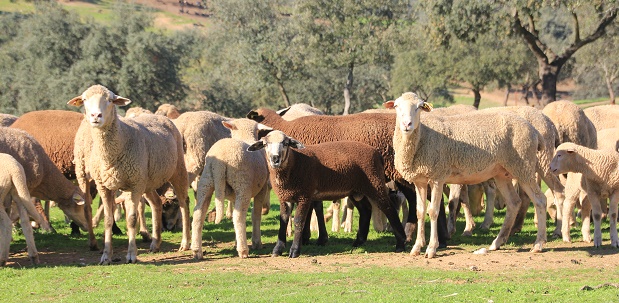
31 de October de 2016
Cambio climático y gestión de recursos naturales
The challenges and challenges of managing and conserving forest areas in the Natura 2000 Network were analyzed at a conference that brought together representatives of all stakeholders involved to discuss forestry measures under applicable Rural Development Programs (RDPs).
31.10.2016
The conference on forest management in the Natura 2000 Network and the implementation of rural development policy measures highlighted the ecological and economic importance of the Natura Network in Spain and the need for management tools and the positive involvement of all stakeholders.
The event, which brought together more than 50 participants, including RDP managers, forest owners' associations, businesses, and other civil society organizations involved in the forestry sector, delved into the measures contained in the rural development program (EAFRD) that affect forest areas belonging to the Natura 2000 Network.
The ecological and economic importance of the Network, which covers approximately 28% of the national territory, was highlighted during the event. The need for management tools for forest areas belonging to the Natura 2000 Network was also emphasized. This should not be seen solely as an obligation but also as an opportunity. Among other benefits, they allow for the identification of potentially applicable funding sources for the implementation of these tools and provide legal security for all the activities traditionally carried out in Natura 2000 Network areas and that have contributed to their maintenance.
The concept, scope, legal implications, and funding possibilities for managing Natura 2000 sites were detailed in the opening presentations, and the implications and difficulties of managing Natura 2000 forest sites, both wooded and deforested, were subsequently addressed.
The importance of updating habitat and species identification information and the need to improve analyses of habitat conservation status became clear, taking into account, among other aspects, the time scale of change inherent to forest habitats and, especially, that of natural scrub and grassland habitats.
The presentation of the Castilla-La Mancha RDP for 2014-2020, which includes numerous planned operations, both in number and budget, related to the active management of the Natura 2000 Network, provided an opportunity to understand the possibilities of using the EAFRD in the management of the Network. The point of view of forest owners was presented by COSE (Confederation of Forestry Organizations of Spain), highlighting the perception of the Natura 2000 Network as a negative impact on the owners it represents.
Communication, both of the objective and of the legal implications arising from a territory's membership in the Natura 2000 Network, is an area that requires more and better work, so that those "affected" become "allies" in the management of the Natura 2000 Network. The active management of all Natura 2000 areas is essential for their conservation and for combating their main threat: rural abandonment.
All information related to the conference "Natura 2000 Network and Forest Management: Measures Contained in the RDPs," held on October 26 at the Ministry, is available at the following link .









